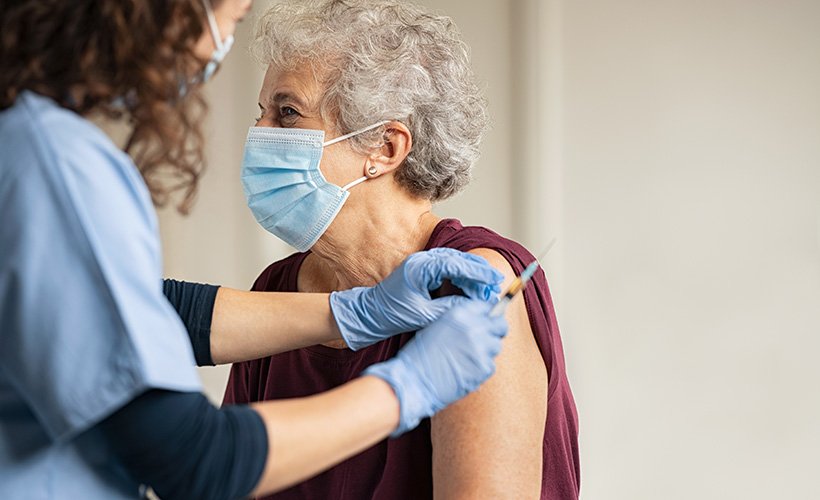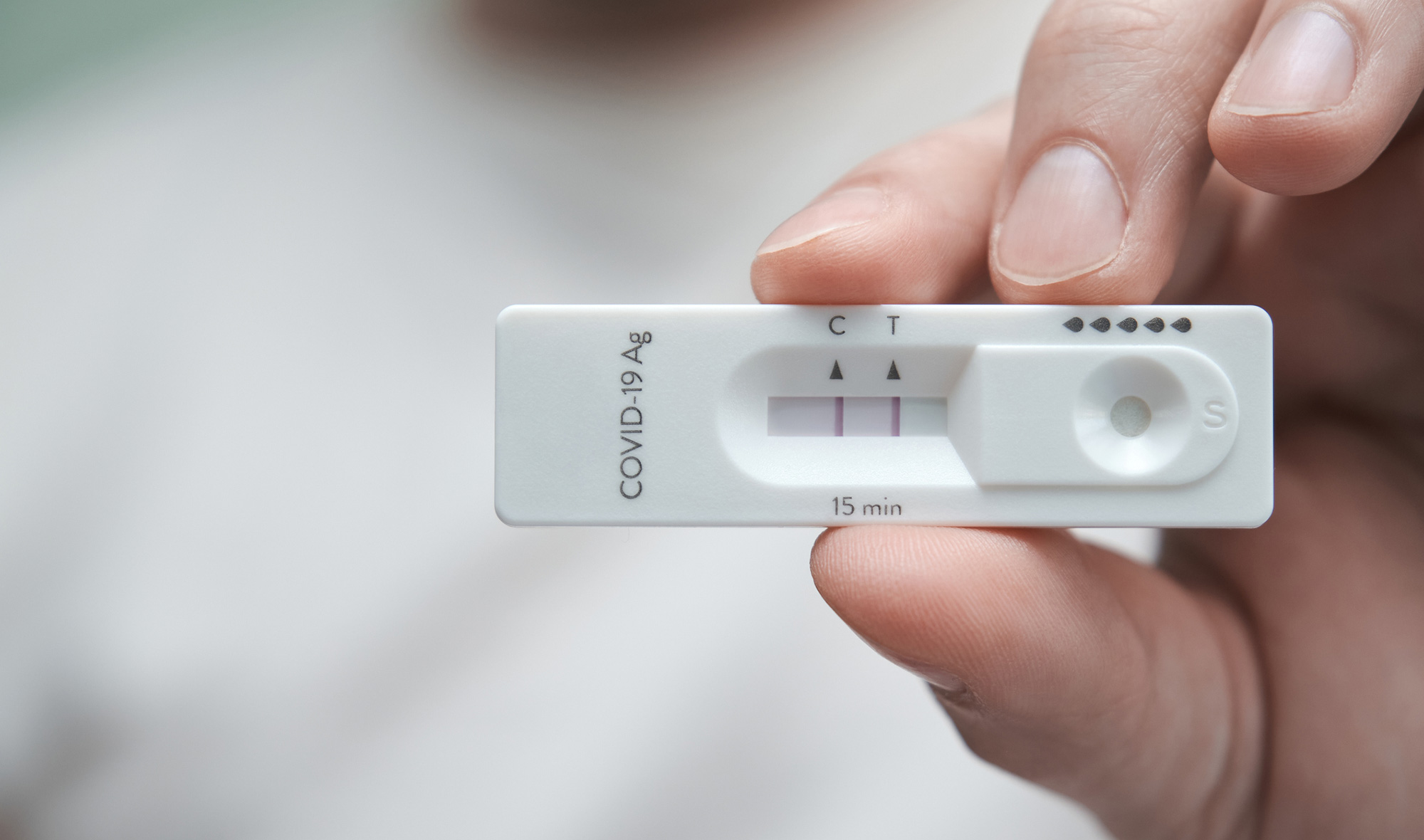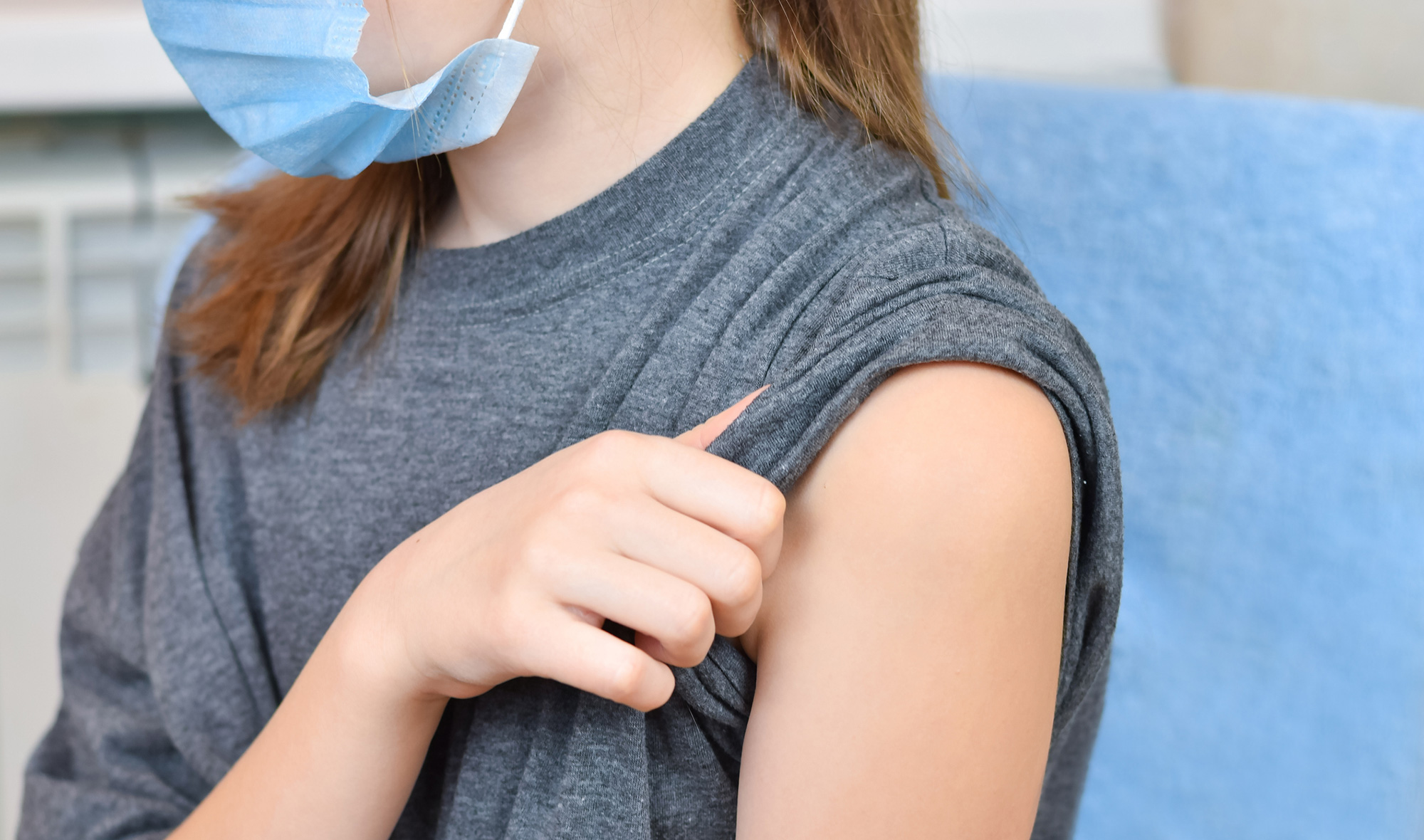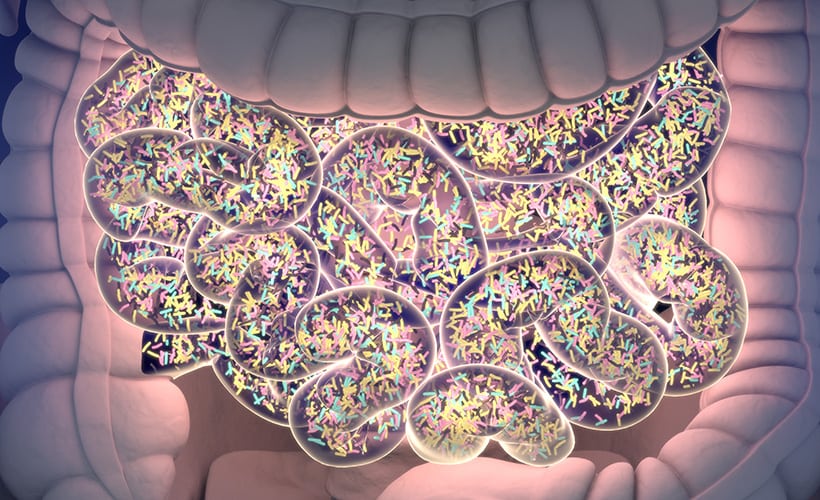Many parents are aware of the Immunisation Schedule vaccinations for their young children, but there are also several immunisations that are funded for adults. As we age, our immune system doesn’t work as well and this can put us at higher risk of some diseases. Immunity from some childhood vaccinations can also lessen over time, meaning that booster vaccinations may be needed so that we remain protected against disease.
Funded vaccines recommended for adults:
You can check your vaccination status with your health professional such as your doctor, nurse or pharmacist. They can tell you what vaccinations have been given to you and what you may need to be fully protected. The following immunisations may be recommended:
- flu
- Covid-19
- shingles
- MMR (measles, mumps and rubella)
- Hepatitis B
- Meningococcal vaccine
- Tdap (tetanus/diphtheria/whooping cough) or Td (tetanus/diphtheria).
Planning a pregnancy:
It is important to be up-to-date with your immunisations if you are planning to get pregnant. There are two funded vaccines that should be given at least four weeks before trying for a baby:
- MMR (Measles, mumps and rubella
- chickenpox (varicella) vaccine.
During pregnancy:
There are three vaccines that are recommended during pregnancy:
- whooping cough
- flu
- Covid-19.
Having these immunisations while pregnant gives both you and your baby protection against those diseases. Some of your immunity will pass to your baby and give it some protection until they are old enough to start their own vaccinations at six weeks of age. Flu and Covid-19 vaccinations can be done at any stage of the pregnancy, however whooping cough vaccine is given from 16 weeks of the pregnancy. A vaccination against whooping cough is recommended for every pregnancy.
The issue with measles…
People are considered to have lifelong immunity against measles if they have had two doses of a measles vaccine. Most people who lived in New Zealand before 1969 are considered to be immune as measles was very common then, and they will be immune due to wild-type virus exposure. In 1969 a single dose measles-only vaccine was introduced. Many people born after Jan 1st 1969 may only have received one dose of vaccine and may not be fully protected against measles. New Zealand is at high risk of a measles outbreak and there have been several recent instances of measles exposure.
If you are unsure of your vaccination status for measles (i.e one or two doses), there is no additional risk in getting another dose.
Protect your pepi against whooping cough:
Protection against whooping cough lasts between four and six years. A combination vaccine that gives protection against tetanus, diptheria and whooping cough is free for adults when they turn 45 and again at the age of 65. New born babies are most at risk from whooping cough and it can cause serious, even fatal respiratory issues for them. Babies are very vulnerable in their first six weeks of life unless the adults around them are vaccinated against whooping cough.
Shingles:
A shingles infection causes a painful, blistering rash, and sometimes leads to complications such as infection or post-herpetic neuralgia (pain and tingling at the site of the original infection that lasts for months and sometimes years). Recommended for adults over the age of 50, the shingles vaccine is free for adults in the 12 months after they turn 65. Protection lasts for up to seven years.
Meningococcal disease:
To be protected against meningococcal disease, there are two vaccinations needed – (MenB and MenACYW) that cover five different strains of bacteria. Theses vaccines are funded for:
- people at higher risk of meningococcal disease due to certain medical conditions
- people who have been in close contact with someone with meningococcal disease
- people aged 25 or under living in shared accommodation such as a boarding school, hostel, hall of residence, prison or military barrack.
Next time you are at chatting to a health professional, get them to check your vaccination record. You may find you need a second dose of a measles vaccine, or a due for a whooping cough booster. Being protected against common diseases protects you, your loved ones and people in the community who, due to health conditions, are unable to be vaccinated.


















Community